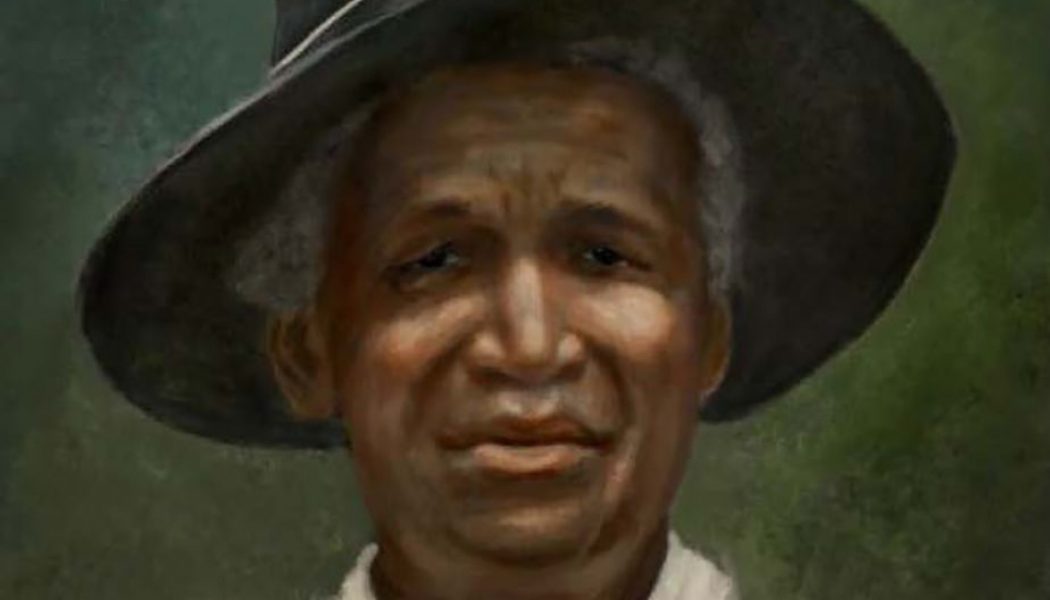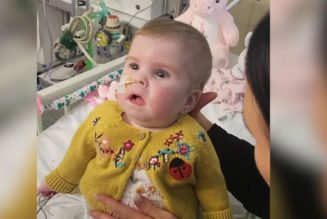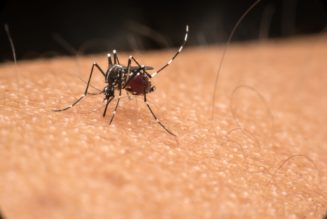
Almost exactly 100 years ago, on the feast of the Sacred Heart of Jesus in 1918, a woman, a former slave, died in Denver. This apostle of the Sacred Heart, spreading devotion across the city, was the first lay Catholic to lie in state as hundreds visited her body to honor her works of charity. Friends had to help bury her, because she had given away her burial plot to a poor man. This woman is now on her way to becoming a canonized saint, with the first steps of the process complete and sent to the Vatican. I hope you know already her, but, if you don’t, it’s a good time to meet Servant of God Julia Greeley! She is now buried in the Cathedral so that we can venerate her relics.
Julia has a compelling and deeply moving story. Born a slave in Missouri, she lost her vision in one eye when her mother was being whipped for caring for young Julia while she was sick, rather than working in the fields. After gaining her freedom she worked as a cook and nanny before coming to Denver about 1878. Shortly after her arrival and through the witness of her employer, Julia Gilpin, she became a Catholic. And not only that, she entered the Third Order Franciscans, became a key parishioner of Sacred Heart parish and the main proponent of its devotion to Jesus’ heart, especially by bringing badges and pamphlets to every firehouse in Denver each first Friday of the month, and a key fixture of the newly established Catholic community (this was the time of Bishop Machebeuf, Mother Cabrini’s work, and the martyrdom of Fr. Leo Heinrichs). Most importantly, she became known as an “angel of charity,” and truly beloved to the city of Denver by Catholics and non-Catholics alike.
Julia certainly experienced discrimination, especially since she lived at a time when the KKK was rising to ascendancy in Denver politics. Even in the Church, she occasionally experienced derogatory comments and some complaints about her prominent pew in the front row of Sacred Heart Church. Because of that, she provides an even more powerful image of God’s grace: a former slave, with face disfigured with almost no money of her own, traveled the streets of Denver at night and served needy white people! She didn’t leave us any written treatises on the spiritual life, but her life itself serves as an icon of holiness. Her actions teach us what charity and true forgiveness look like. She could not evaporate racial discrimination, but she surely transcended it. Clergy, police, firefighters, and ordinary people all gave her money and goods to disperse amongst Denver’s poorest.
We need Julia’s witness right now. She has a lot to teach us about living as a Catholic in the modern city with love and respect for everyone in need. Fr. Blaine Burkey, O.F.M.Cap., a local Capuchin friar, has done much to promote Julia’s cause for canonization. His recent pamphlet sized book, An Hour with Julia Greeley (Liguorian Publications, 2020), provides an excellent brief and accessible overview of Julia’s life and witness. Although written before recent events, Father Burkey is clear on how Julia can guide us now: “Whatever was thrown at her, Julia kept her good eye on her lover nailed to a cross and chose to follow his lead in not fighting back, while sharing his love to all. Thus in a world, where so much racial vitriol still abounds, Julia gives all a sterling example of respecting the dignity of all our brothers and sisters.” Julia shows that charity, more than anything else, can change hearts and transform the world through personal encounter.
Father Burkey has a longer work on Julia’s life that gathers together the testimony of those who knew her. In Secret Service of the Sacred Heart: Remembering the Life and Virtues of
Denver’s Angel of Charity, Julia Greeley, O.F.S. (Julia Greeley Guild, 2012) provides a wealth of information and moving anecdotes. She had an infectious sense of humor and loved children, giving them presents, taking them on trips through the city, and organizing wholesome dances for girls (including providing dresses when they needed them). Her saintliness can be seen in her extreme generosity, wearing rags and fasting while giving all that she had to others: “Poor, old, alone, far from her native home, Julia Greeley did not ask charity or sympathy; she gave both in unstinted measure, and according to her giving she received the good will of those whose lives touched hers” (6). Pulling her red wagon around at night, “she had even been seen going thru the streets at night with a mattress on her back. Many and many a times she was seen carrying coal and groceries” (11). Her death on the feast of the Sacred Heart summarized her life: “This surely was one of the secrets of her own spirituality: to place all of her day’s activities into the secret service of the Sacred Heart” (21).
For more information on Julia’s life and cause for canonization, please visit the Julia Greeley Guild’s website, juliagreeley.org. This is also where you can buy Father Burkey’s book. Julia’s presence in our Archdiocese is a huge blessing for the Church. Those she served would call her “Aunt Julia.” It would be wonderful if we could continue this expression. We certainly could use an aunt to watch out for us!







